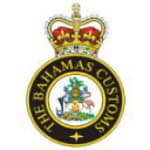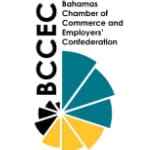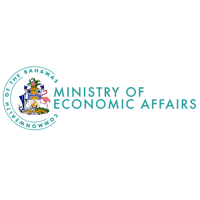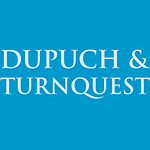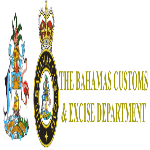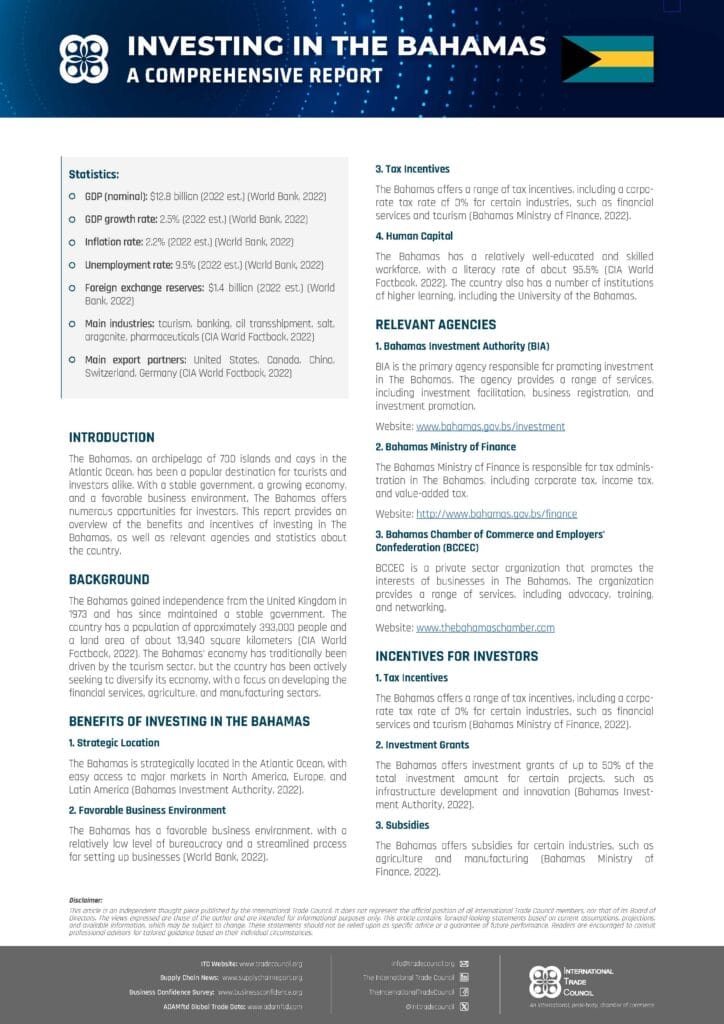- Type of Government: Parliamentary constitutional monarchy
- Population: Approximately 400,000
- GDP: Around $12 billion USD
- Corporate Tax Rate: 0% (no corporate income tax)
- Personal Income Tax Rate: 0% (no personal income tax)
- Major Exports: Minerals, salt, animal products, rum
- Major Imports: Machinery, foodstuffs, chemicals, vehicles
Doing Business with the Bahamas
A comprehensive guide to doing business, exporting, investing, and manufacturing in the Bahamas.
Here’s a guide on how to export goods to the Bahamas:
-
Research Market Requirements
- Understand the Bahamas’ demand for your products and local market trends.
-
Understand Export Regulations
- Familiarize yourself with Bahamian import regulations, tariffs, and standards.
-
Product Classification
- Determine the correct Harmonized System (HS) code for your product.
-
Prepare Documentation
- Gather necessary documents: commercial invoice, packing list, certificate of origin, and bill of lading.
-
Find a Local Partner
- Identify a local distributor or agent to assist with logistics and regulations.
-
Arrange Shipping and Logistics
- Choose a reliable logistics provider and manage transportation and insurance.
-
Customs Clearance
- Ensure compliance with customs procedures and work with your local partner for smooth clearance.
-
Secure Payment and Financing
- Establish a secure payment method and consider export insurance or financing options.
Key Contacts
- Bahamas Customs Department
- Website: Customs Department
- Bahamas Chamber of Commerce and Employers Confederation
- Website: Bahamas Chamber of Commerce
- Ministry of Financial Services, Trade & Industry and Immigration
- Website: Ministry of Financial Services
Here’s a guide on how to import goods into the Bahamas:
-
Research Import Regulations
- Understand the Bahamas’ import laws and any restrictions on your products.
-
Obtain Necessary Licenses
- Determine if your products require specific import licenses or permits.
-
Register for a Tax Identification Number
- Ensure your business has a valid tax identification number with the Bahamas Customs.
-
Classify Your Goods
- Use the Harmonized System (HS) code to classify your goods correctly.
-
Prepare Required Documentation
- Gather necessary documents: commercial invoice, packing list, bill of lading, certificate of origin.
-
Find a Customs Broker
- Hire a licensed customs broker to assist with documentation and regulations.
-
Ensure Compliance with Standards
- Meet the Bahamas’ standards and labeling requirements for your products.
-
Arrange Shipping and Logistics
- Choose a reliable logistics provider and arrange for transportation and insurance.
-
Customs Clearance
- Work with your customs broker to ensure smooth customs clearance.
-
Payment of Duties and Taxes
- Calculate and pay any applicable import duties, VAT, and fees.
Key Contacts
- Bahamas Customs Department
- Website: Customs Department
- Bahamas Chamber of Commerce and Employers Confederation
- Website: Bahamas Chamber of Commerce
- Ministry of Financial Services, Trade & Industry and Immigration
- Website: Ministry of Financial Services
Here’s a guide on how to incorporate a company in the Bahamas:
-
Choose a Business Structure
- Decide on the type of entity (e.g., International Business Company – IBC).
-
Select a Company Name
- Ensure the name is unique and complies with Bahamian naming rules.
-
Prepare Founding Documents
- Draft the Memorandum and Articles of Association.
-
Register the Company
- Submit incorporation documents to the Registrar General’s Department.
- Cost: Approximately $1,000 to $1,500 USD for registration and fees.
-
Obtain a Business License
- Apply for a business license from the Business License Division.
-
Open a Bank Account
- Open a corporate bank account in the Bahamas.
-
Register for Tax Identification
- Obtain a TIN from the Bahamas Department of Inland Revenue.
-
Comply with Regulatory Requirements
- Ensure compliance with any industry-specific regulations and permits.
Key Contacts
- Registrar General’s Department
- Website: Registrar General’s Department
- Department of Inland Revenue
- Website: Department of Inland Revenue
- Bahamas Investment Authority
- Website: Bahamas Investment Authority
Here’s a guide on how to set up a manufacturing plant in the Bahamas:
-
Conduct a Feasibility Study
- Analyze market demand, costs, and location benefits.
-
Choose a Business Structure
- Decide on the type of business entity (e.g., Limited Liability Company).
-
Register the Company
- Follow the incorporation steps with the Registrar General’s Department.
-
Select a Location
- Choose a strategic location considering logistics, resources, and workforce availability.
-
Acquire Land and Permits
- Purchase or lease land and obtain necessary construction and environmental permits.
-
Design and Build the Facility
- Hire architects and contractors to design and construct the plant.
-
Install Machinery and Equipment
- Purchase and set up manufacturing equipment.
-
Hire and Train Employees
- Recruit skilled labor and provide necessary training.
-
Ensure Compliance with Regulations
- Adhere to safety, environmental, and labor regulations.
-
Register with Relevant Authorities
- Obtain operational licenses and register with local and national authorities.
Key Contacts
- Bahamas Investment Authority
- Website: Bahamas Investment Authority
- Registrar General’s Department
- Website: Registrar General’s Department
- Ministry of Financial Services, Trade & Industry and Immigration
- Website: Ministry of Financial Services
Here’s a guide on how to register a trademark in the Bahamas:
-
Conduct a Trademark Search
- Use the Intellectual Property Office database to ensure your trademark is unique.
-
Prepare Your Application
- Gather details about your trademark: logo, name, class of goods/services.
-
Submit Your Application
- File your application with the Bahamas Intellectual Property Office.
- Cost: Approximately $100 to $200 USD, depending on the class.
-
Examination Process
- The office examines the application for compliance and potential conflicts.
-
Publication and Opposition
- If approved, your trademark is published for opposition in the official gazette.
-
Opposition Period
- Wait for a period (usually 3 months) for any oppositions. If opposed, legal proceedings may follow.
-
Registration and Issuance
- If no opposition or once resolved, the trademark is registered, and you receive a certificate.
-
Renewal
- Trademarks are valid for 10 years and can be renewed indefinitely.
Key Contacts
- Bahamas Intellectual Property Office
- Website: Bahamas Intellectual Property Office
Here’s a guide on resolving commercial disputes in the Bahamas:
-
Negotiation
- Attempt to resolve the dispute through direct negotiation between the parties.
-
Mediation
- Engage a mediator to facilitate discussions and reach a voluntary agreement. It is often quicker and less costly than court proceedings.
-
Arbitration
- If agreed upon, use arbitration for a binding resolution. Check if your contract includes an arbitration clause. Costs vary depending on the arbitrator and complexity.
-
File a Lawsuit
- If other methods fail, file a lawsuit in the appropriate court.
-
Court Proceedings
- Present evidence and arguments before the court. This process can be lengthy and costly, with legal fees depending on the case complexity.
-
Judgment
- The court issues a judgment which can be enforced legally.
-
Appeal
- If necessary, appeal the decision to a higher court.
Costs
- Mediation and Arbitration Fees: Vary based on the mediator/arbitrator and complexity.
- Legal Fees: Depend on the lawyer and duration of the case.
- Court Fees: Typically a filing fee based on the claim amount.
Key Contacts
- Bahamas Bar Association
- Website: Bahamas Bar Association
- Office of the Attorney General and Ministry of Legal Affairs
- Website: Attorney General’s Office
Here’s an overview of key factors related to doing business in the Bahamas:
Social Factors
- Language: English is the official language and widely used in business.
- Business Culture: Emphasizes building personal relationships and trust.
Cultural Factors
- Work Ethic: Punctuality and professionalism are valued.
- Communication Style: Polite and formal, with respect for hierarchy.
Political Factors
- Government Structure: Parliamentary constitutional monarchy.
- Stability: Generally politically stable, with a focus on tourism and financial services.
Economic Factors
- Foreign Exchange: The Bahamian Dollar (BSD) is pegged to the US Dollar (USD) at a 1:1 ratio.
- Inflation: Moderate inflation rates can affect business costs.
Legal and Regulatory Environment
- Rule of Law: Strong legal framework with an emphasis on contract enforcement and property rights.
- Intellectual Property: Protection for patents, trademarks, and copyrights is in place but requires vigilance.
Infrastructure and Market Access
- Infrastructure: Well-developed, with modern transport and communication networks.
- Trade Agreements: The Bahamas is part of several regional trade agreements, enhancing market access.
Relevant URLs
- Bahamas Investment Authority: Bahamas Investment Authority
- Ministry of Financial Services, Trade & Industry and Immigration: Ministry of Financial Services
- Bahamas Chamber of Commerce and Employers Confederation: Bahamas Chamber of Commerce
Ask our Experts on Doing Business in/with Bahamas
If you’re looking to do business or invest in Bahamas, we can provide expert guidance, market insights, and valuable connections to help you navigate the local landscape. Contact us today to discover how we can assist in making your venture a success.


